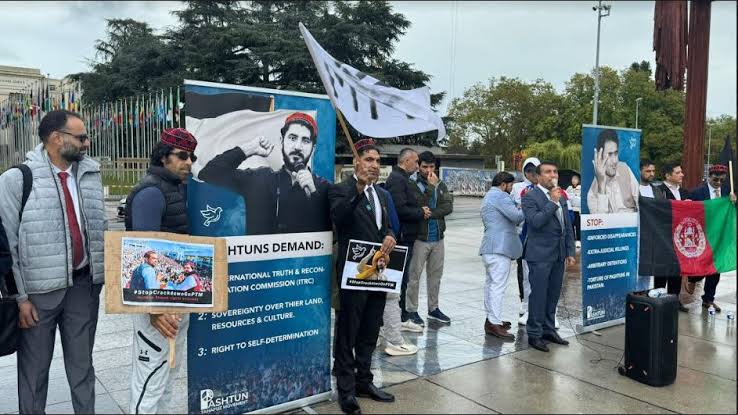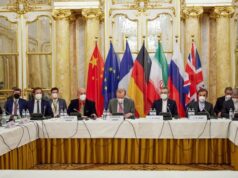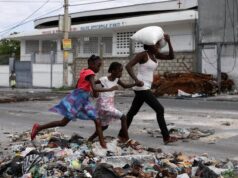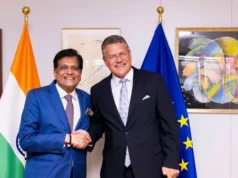Pashtun activists talk of Atrocities, Call for Global Intervention in Pakistan

Human rights activists have long accused the Pakistani government of targeting them through military operations and ethnic stereotyping. These issues often go unreported by local media, prompting activists to seek intervention on international platforms.
In a major protest outside the UN office in Geneva during the 57th Session of the Human Rights Council, organised by the Pashtun Tahafuz Movement (PTM) Europe, activists highlighted ongoing human rights violations in Pakistan.
They emphasised issues such as enforced disappearances, extrajudicial killings, arbitrary detentions, and torture faced by the Pashtun community.
The activists, who shouted slogans against the Pakistan army, particularly condemned the crackdown on Pashtun Tahafuz Movemen (PTM) leaders, including Manzoor Pashteen and Ali Wazir.
During the protest, PTM Europe member Fazal ur Rehman Afridi stated, “In this protest, our main purpose is to condemn the atrocities that the Pakistani army and state are committing against the Pashtuns, Sindhis, Baloch, and Kashmiris.
We want to protest against the ban imposed on Manzoor Pashteen and his 30 friends regarding their entry into Balochistan, as well as against the detention of Ali Wazir. Additionally, we condemn the extrajudicial killing of Gilaman Wazir.”
Gilaman Wazir, a prominent Afghan Pashto poet and senior member of the Pashtun Tahafuz Movement, was attacked in Islamabad in July, reportedly under the orders of the Pakistan government.
The ban on prominent activist Manzoor Pashteen in Balochistan has also drawn significant criticism regarding Pakistan’s handling of dissent and minority rights.
Many argue that such bans reflect a broader strategy to suppress voices advocating for justice and accountability, particularly among marginalised communities.
Fazal also informed the international community about the upcoming Pashtun National Court or Jirga, scheduled for October 11, aimed at advocating for Pashtun rights and justice. He remarked, “In addition, we are organising a Pashtun Jirga in support of this initiative. We want to convey to the world and inform the United Nations that Pashtuns are not happy in Pakistan.
In this regard, the entire Pashtun community, transcending tribal lines, will formulate a strategy, express their opinions, and inform the world about their demands.”
Other activists at the protest raised their voices against Pakistan’s actions, highlighting the lack of respect for human rights and the oppressive treatment of marginalised communities.
Mustafa Pashtun, another activist, expressed urgency about the difficult circumstances faced by the Pashtun community, stating, “We registered our protest here outside the UN office. We want to tell the whole world that Pashtuns are in a dire situation. We urge you to intervene and raise a voice for the rights of Pashtuns. Please help Pashtuns in the name of humanity–whether you are American, European, or Indian–we request all to please help us.”




